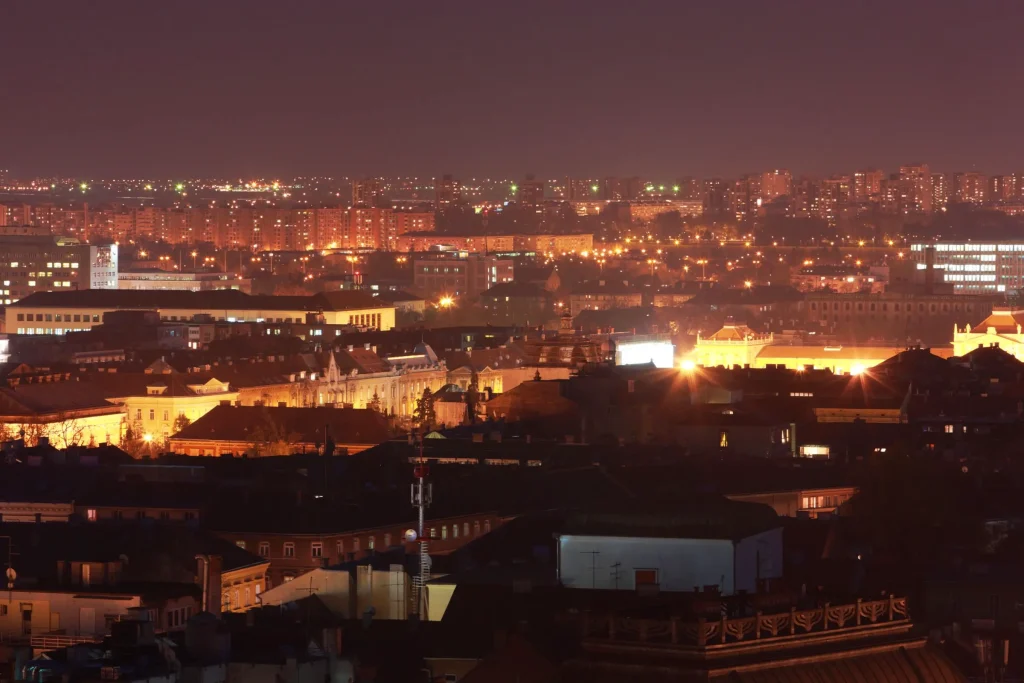The Zagreb budget and the city companies that also rely on it are now finding themselves beginning to buckle under the pressure and strain caused by the economic crisis.
As Poslovni Dnevnik/Gordan Kozulj writes on the 22nd of May, 2020, the past few challenging months have shown how difficult it is for the world’s largest economic powers to cope with the problems caused by the coronavirus pandemic.
The majority of the world is now entering the biggest economic crisis since World War II as the coronavirus pandemic continues to bite. But add to all of that, the devastating earthquake as well as the unenviable starting positions in terms of liquidity and indebtedness also had their effects, meaning that we can now get some sort of perspective of the state of the City of Zagreb and its related city companies.
The two-month shutdown of the economy and the damage caused by the earthquake led to a major blow to city finances, the Zagreb budget hasn’t been immune.
The City of Zagreb is recording lower tax revenues, expenditure expectations are rising due to the need to renovate key pieces of city infrastructure, and liquidity problems have been going on for some time. The Croatian capital city has very little room for maneuver to absorb unexpected external shocks within the Zagreb budget, especially when it comes to the synergistic effect of multiple destructive events.
The city’s expenditures have been burdened to quite a significant degree in the long run when it comes to subsidies to city enterprises or, like employee salaries, they’re concretised by collective agreements. At the same time, freezing the prices of services, stopping work (eg charging for public parking) and reducing the sale of services (eg tickets for public transport) due to the introduction of quarantine measures, further aggravated the unenviable financial position of the Zagreb budget and related city companies, as it increased their dependence on that same suddenly enfeebled city budget.
The only way for the Zagreb budget and the city companies that are so closely tied to it to service their obligations and maintain liquidity is to increase borrowing, which is already being done on a rather large scale.
In fact, the collection of bank offers for a new loan for Zagreb in the amount of 350 million kuna is currently in process. It’s good to remind ourselves that just before this crisis struck, Zagreb Holding additionally borrowed in the amount of 150 million kuna, as did ZET by contracting a loan in the amount of 537 million kuna for the construction of the much talked about Sljeme cable car.
Somewhat unnoticed in the midst of the coronavirus crisis at the end of March this year was the information that the credit rating agency Standard and Poor’s (S&P) changed the outlook of the City of Zagreb from stable to negative, confirming its long-term credit rating of “BB”.
More than ever, Zagreb’s very functioning during these challenging times depends on decent cooperation with the central state. Namely, the capital expected the financial olive branch to come from the state through the adoption of a special law that would regulate its reconstruction and its co-financing.
In addition, the city initiated a proposal to the government to amend three laws related to the financing of local and regional self-government units (the Law on Financing of Local and Regional Self-Government Units, the Budget Law and the Budget Execution Act) so that it could borrow indefinitely. However, with the recent decision to dissolve Parliament, the possibilities for the timely adoption of such a new law or amendments to existing ones have been shut off.
The second lever to save liquidity the City of Zagreb is seeking lies in the sale of its property. It expects the fastest and most financially significant realisation in this sense to come from the sale of shares it holds in a company called APIS IT. But even in this case, the only serious buyer may be the state itself, which also showed interest in buying several years ago, but currently – the probability of this transaction is small indeed. From all of the above, the question arises whether Zagreb, in its most difficult moments in the last few decades, has been left without an important partner?
The only thing left for the Zagreb budget is to transform its crisis staff from one focused on protecting the resident population from the new coronavirus, to some sort of ”Financial Crisis Management Headquarters”. The establishment of such a headquarters requires the establishment of an expert team, strengthened by an agile organisational structure and an IT tool for generating various simulations.
In this way, the burdened Croatian capital would have the ability to make the quick and informed decisions needed to respond to these troubling financial challenges. The existence of professional support is not in question, it is only a question of the will and determination of the city itself.
* The author of this text is a senior manager in the business consulting department of Deloitte’s consulting service
For more, follow our business page.









